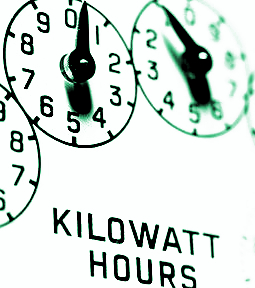Time tariffs questioned
 Concerns have been raised about Australia’s time-based energy tariffs.
Concerns have been raised about Australia’s time-based energy tariffs.
Australia is witnessing a significant shift towards time-of-use (TOU) electricity tariffs.
This pricing strategy, aimed at making the grid more efficient, charges customers higher rates during peak demand periods and less when demand drops.
The shift has sparked concern among regulators, consumer advocates, and energy sector leaders about its impact on vulnerable populations and the overall transparency of the billing system.
Lynne Gallagher, a director at the Australian Energy Regulator (AER), has voiced serious concerns regarding the roll-out of these tariffs.
She says consumers must be fully aware of the tariff structures and their potential impacts. Reports say many households are being switched to TOU tariffs without fully understanding the implications or even being directly informed, something Gallagher describes as “very concerning”.
TOU tariffs are designed to incentivise electricity use when it is most abundant and cheapest, particularly during the middle of the day when solar generation peaks. Conversely, they aim to deter consumption during evening peaks, which often rely on more costly and less environmentally friendly generation sources.
While theoretically beneficial in balancing grid demands and promoting renewable energy use, in practice, the impact on consumers can be starkly different.
Ron Ben-David, former head of Victoria's Essential Services Commission, has criticised the approach as being potentially punitive, saying many are being driven by ideology in their pursuit of these changes.
“Are you just doing it in some blind faith based on some sort of economic principles that were put in place 30 years ago with the micro-economic reform agenda of the 1990s?” he asked proponents.
He said the shift is likely to disproportionately affect those least able to change their consumption habits.
Energy Consumers Australia has reported increasing complaints related to TOU tariffs, also noting that many people are not equipped to shift their electricity usage to cheaper times of the day.
In response to these issues, the AER has reiterated its commitment to ensuring that energy retailers adhere to their obligations of clear communication and proper billing practices.
The regulator says it is closely monitoring the situation to ensure that retailers provide customers with accurate information about the benefits and risks associated with TOU tariffs.








 Print
Print